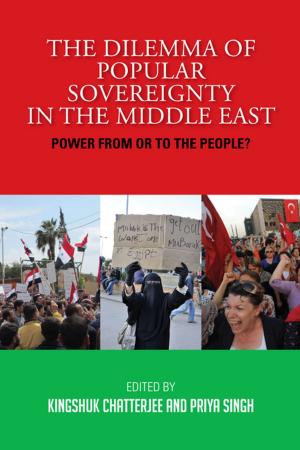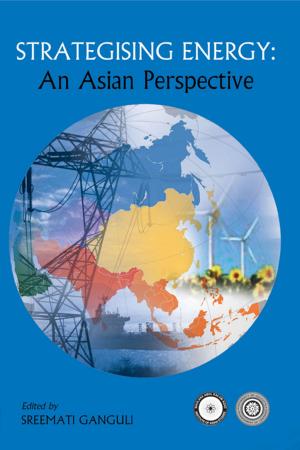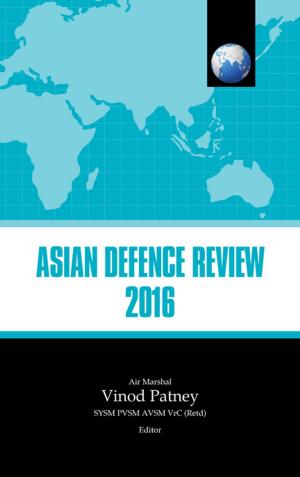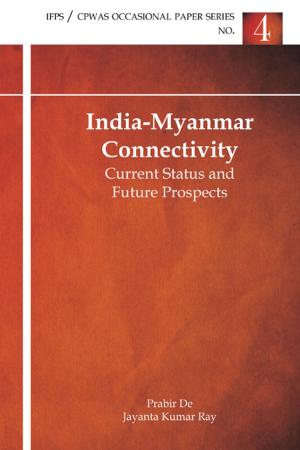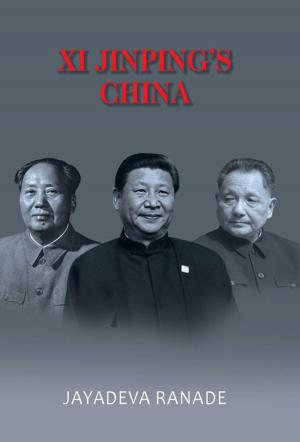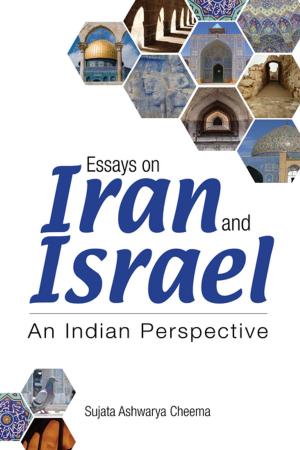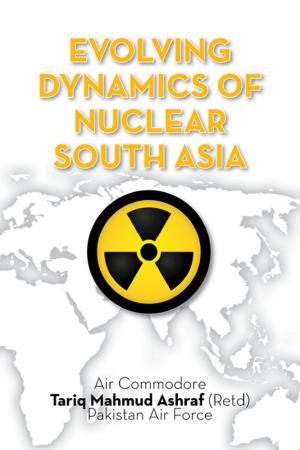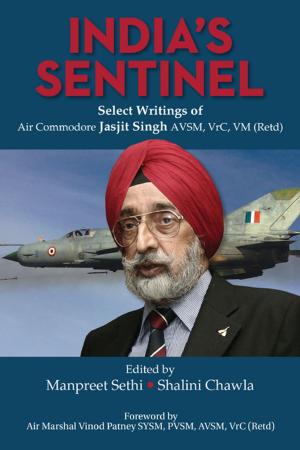| Author: | ISBN: | 9789385714146 | |
| Publisher: | KW Publishers | Publication: | April 15, 2015 |
| Imprint: | KW Publishers | Language: | English |
| Author: | |
| ISBN: | 9789385714146 |
| Publisher: | KW Publishers |
| Publication: | April 15, 2015 |
| Imprint: | KW Publishers |
| Language: | English |
Russia has been re-emerging as a major political and economic power during the last decade. The leadership of Russia claims that the objectives of transition from the former one-party socialist system to a plural multiparty democratic system and centralised planning to market economy are largely achieved. Russia is politically stable and has demonstrated how new political institutions, multiparty system are functioning under three presidents. In the initial years after the disintegration of the Soviet Union, the Russian economy passed through different phases such as crisis, boom and recovery. Russia has largely succeeded in managing its political and economic relations with “Near Abroad” which have witnessed considerable complexities over the last two decades. Russia has demonstrated that its bilateral ties with India in the political and defence sectors have been consistently cordial and close. However, trade and economic relations need to be strengthened. Notwithstanding its major achievements, Russia has been facing several problems, both in its domestic front and in its foreign relations. Some of the major problems on the domestic front are: over centralisation of power, nexus between state authorities, oligarchs and the bureaucracy, growing menace of corruption, surging political reactions by political parties and some former powerful leaders on various political issues, growing social discontent, issues between different ethnic groups, widening economic disparities among various sections of society and regions. On the external front, Russia has conflicts of interest with some former Soviet republics such as Georgia, Moldova, Ukraine and the Baltic states. Russia’s relations with the US and NATO have been highly critical on political and security related issues. There is a need for an objective and critical evaluation of how Russia has managed its domestic and foreign affairs after the collapse of the Soviet Union. What were the successes and failures of Russia in its policies and performance with regard to the social, political and economic developments in the country? This book is as attempt to assess those developments.
Russia has been re-emerging as a major political and economic power during the last decade. The leadership of Russia claims that the objectives of transition from the former one-party socialist system to a plural multiparty democratic system and centralised planning to market economy are largely achieved. Russia is politically stable and has demonstrated how new political institutions, multiparty system are functioning under three presidents. In the initial years after the disintegration of the Soviet Union, the Russian economy passed through different phases such as crisis, boom and recovery. Russia has largely succeeded in managing its political and economic relations with “Near Abroad” which have witnessed considerable complexities over the last two decades. Russia has demonstrated that its bilateral ties with India in the political and defence sectors have been consistently cordial and close. However, trade and economic relations need to be strengthened. Notwithstanding its major achievements, Russia has been facing several problems, both in its domestic front and in its foreign relations. Some of the major problems on the domestic front are: over centralisation of power, nexus between state authorities, oligarchs and the bureaucracy, growing menace of corruption, surging political reactions by political parties and some former powerful leaders on various political issues, growing social discontent, issues between different ethnic groups, widening economic disparities among various sections of society and regions. On the external front, Russia has conflicts of interest with some former Soviet republics such as Georgia, Moldova, Ukraine and the Baltic states. Russia’s relations with the US and NATO have been highly critical on political and security related issues. There is a need for an objective and critical evaluation of how Russia has managed its domestic and foreign affairs after the collapse of the Soviet Union. What were the successes and failures of Russia in its policies and performance with regard to the social, political and economic developments in the country? This book is as attempt to assess those developments.

